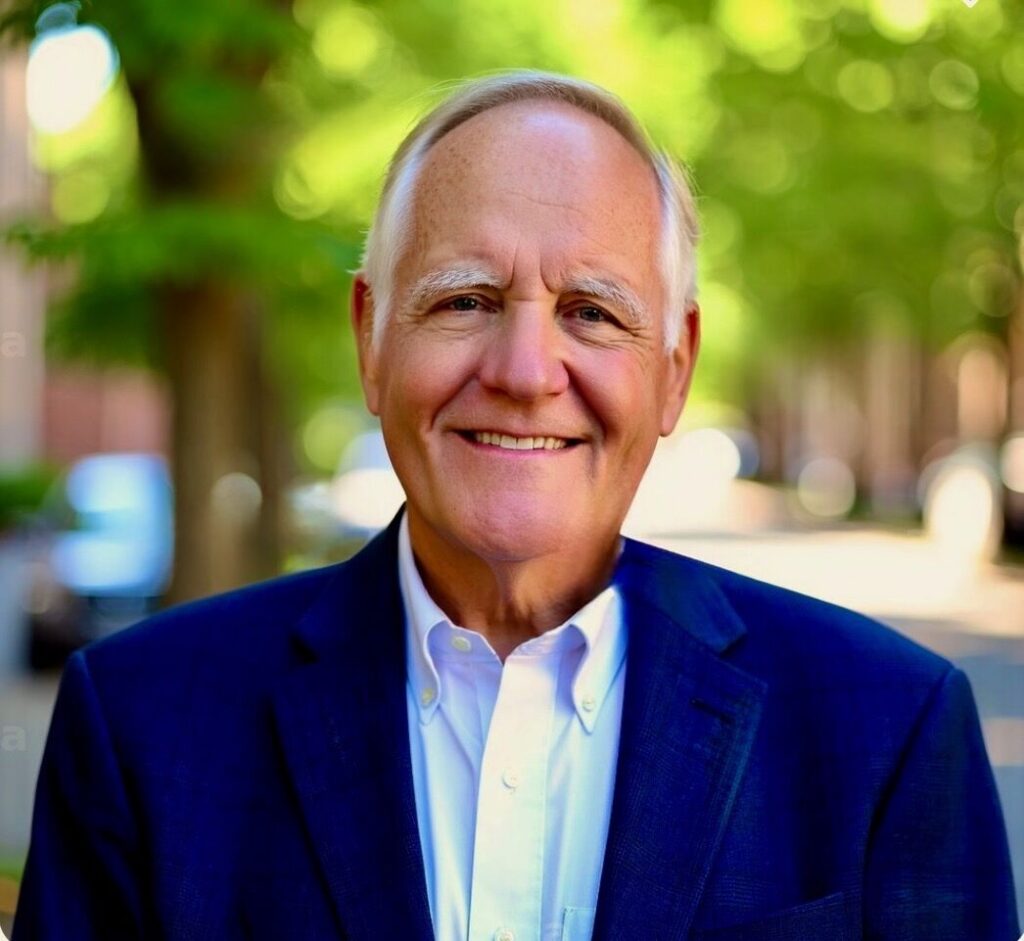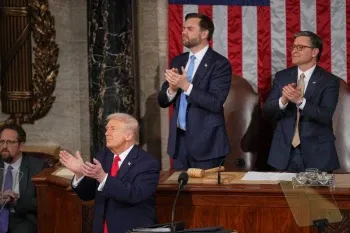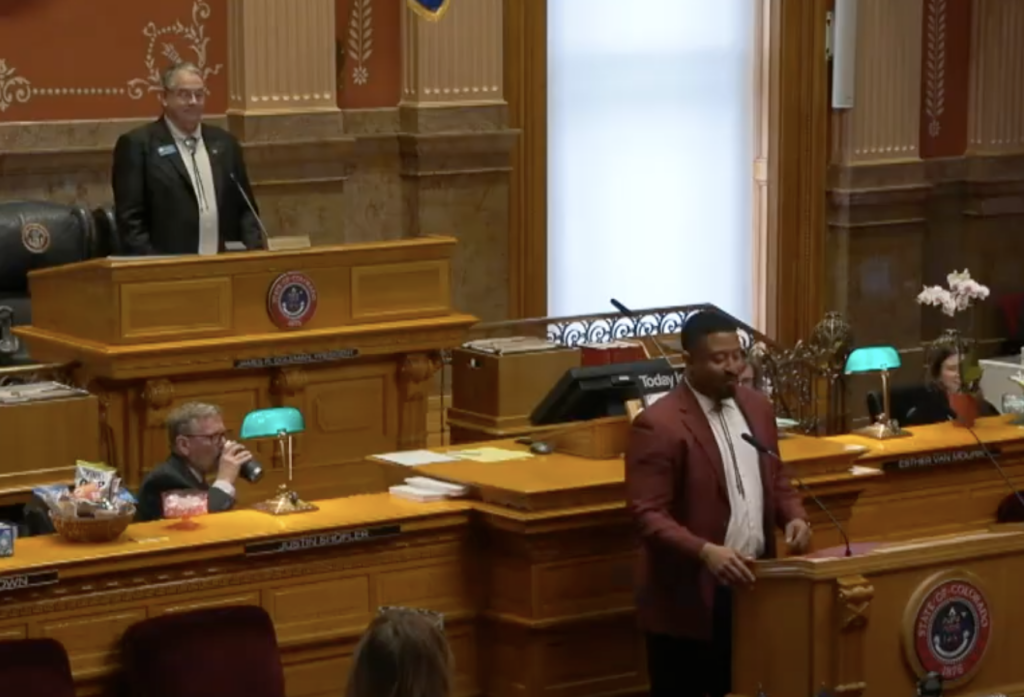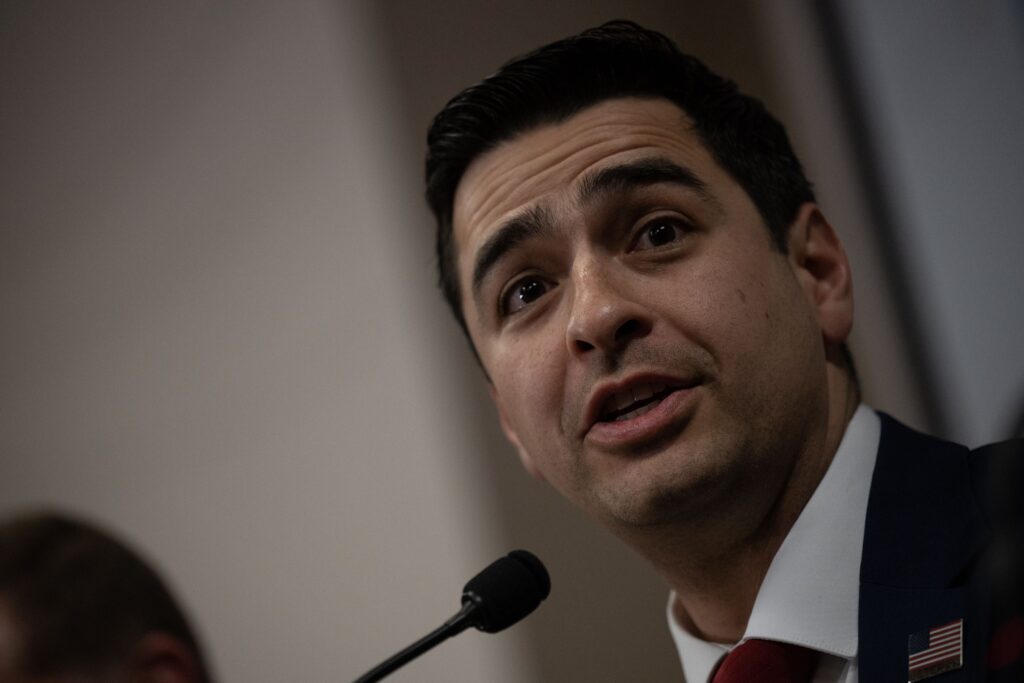Rinderle and Mamet: Shared municipal services benefit taxpayers

It’s a trend that’s providing you with better service at a better price. Municipal governments are stretching taxpayer’s dollars by entering into shared service agreements with counties, special districts, the state and even the federal government. The 2016 Colorado Municipal League State of Our Cities and Towns survey and report shows 88 percent of municipalities have at least one intergovernmental agreement to provide a public service in tandem with another jurisdiction.
Emergency services are at the top of the list. More than one-third of Colorado’s cities and towns share law enforcement, fire or emergency dispatch services. The variety of shared services reflects local needs. Winter Park and Fraser share a police department that focuses on community policing to respond quickly to local issues. Montrose provides IT services for Delta, Ouray, Telluride, Ridgway and other neighbors at a level none could afford on their own. A wide-ranging group of government agencies are working together on a trail project connecting Cortez with Mancos, traversing Mesa Verde National Park. The two cities, the National Park Service, BLM, CDOT and Montezuma County are partnering on the trail project. Steamboat Springs and Routt County, along with the local school district, chamber, hospital and electric co-op have created Northwest Colorado Broadband to aggregate their broadband needs into one larger entity that can contract for broadband services at reduced costs.
Local needs have spawned a wide variety of shared services: trash removal, weather siren networks, road equipment, tourism marketing, water and wastewater treatment, police records, playground maintenance, affordable housing. It’s becoming an attractive answer to the budgetary challenges of rising costs, increased demand on existing services, and calls for creation of new services.
Last year Englewood joined Glendale and Sheridan in signing an agreement with Denver for fire protection services. Denver Fire Chief Eric Tade sees an emerging trend. “It just makes sense, the less administration you can have and the more operational resources the better level of services you provide citizens.” This trend is borne out by survey data. Since 2010, 43 percent of municipalities have signed additional IGAs for shared services, while 50 percent report no increase or decrease. Looking forward, 95 percent of municipalities with a population greater than 25,000 anticipate pursuing additional shared service agreements in 2016. A full 56 percent of towns under 2,000 are looking at additional shared service agreements as well.
Municipal residents reap the benefits. Montrose City Manager Bill Bell put the challenge to municipalities very simply as “the struggle to meet increased demand with insufficient resources, so we have to be creative and we have to be problem-solvers.” Two-thirds of cities and towns report shared services save taxpayers money. One-third of municipalities have entered into agreements to help meet increased demand. One in five find it a more efficient method for providing a new service. Cities and towns also cite the increased access to expertise, flexibility and efficiency gained through shared service agreements. Colorado’s municipalities are indeed proving to be creative problem solvers.
Durango Mayor Pro Tem Christina Rinderle serves as president of the Colorado Municipal League, a non-profit, non-partisan organization established in 1923 representing 268 cities and towns in the state. Sam Mamet is the organization’s executive director.













